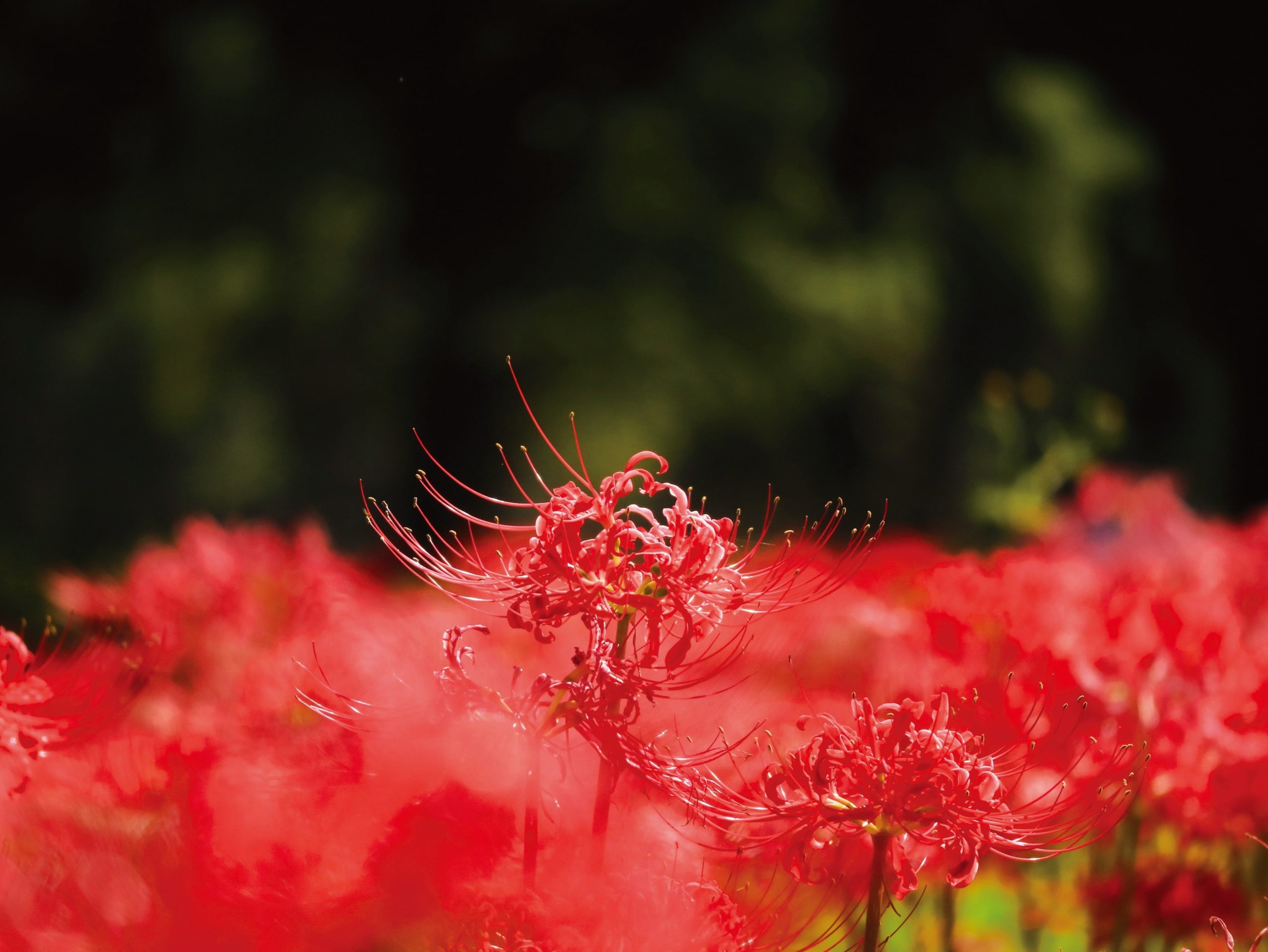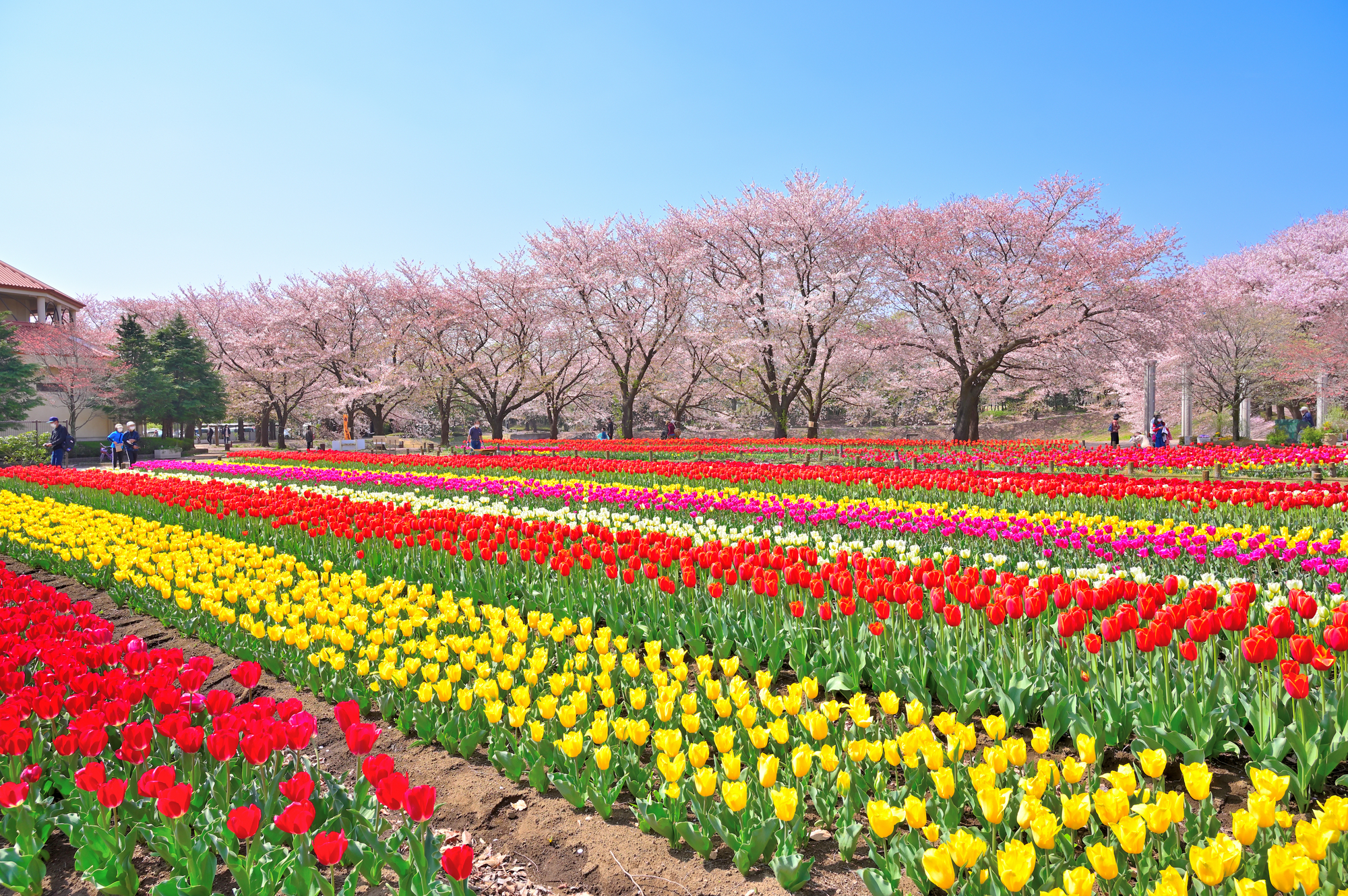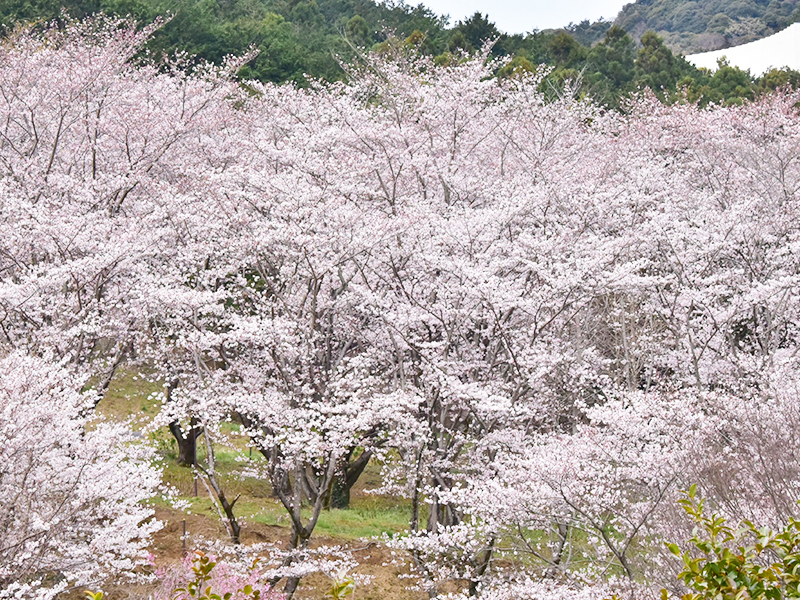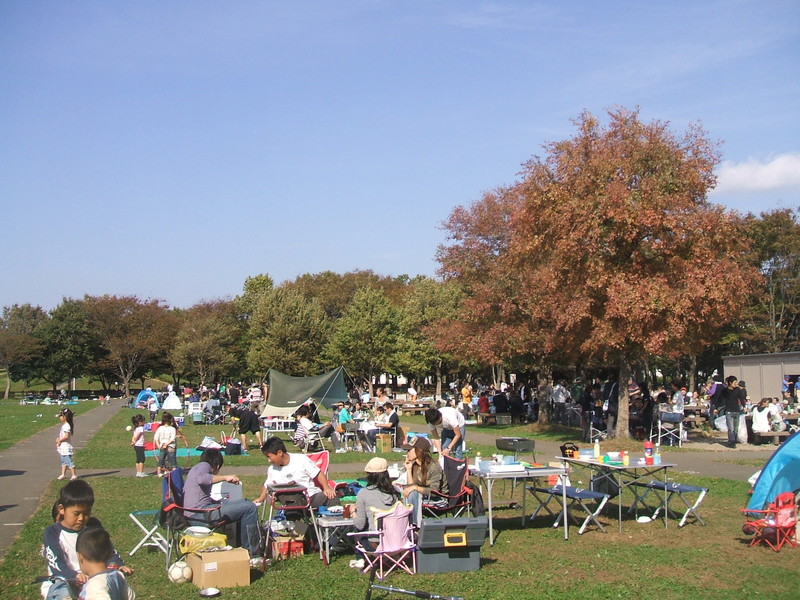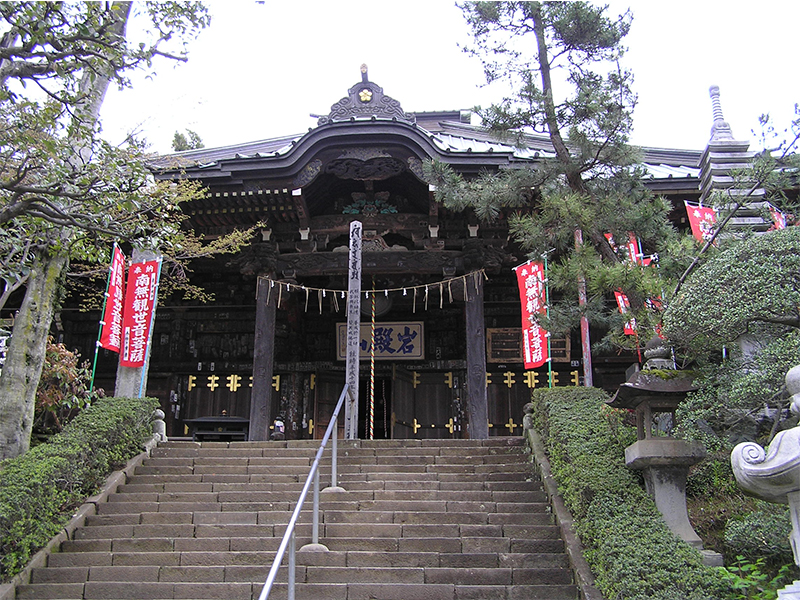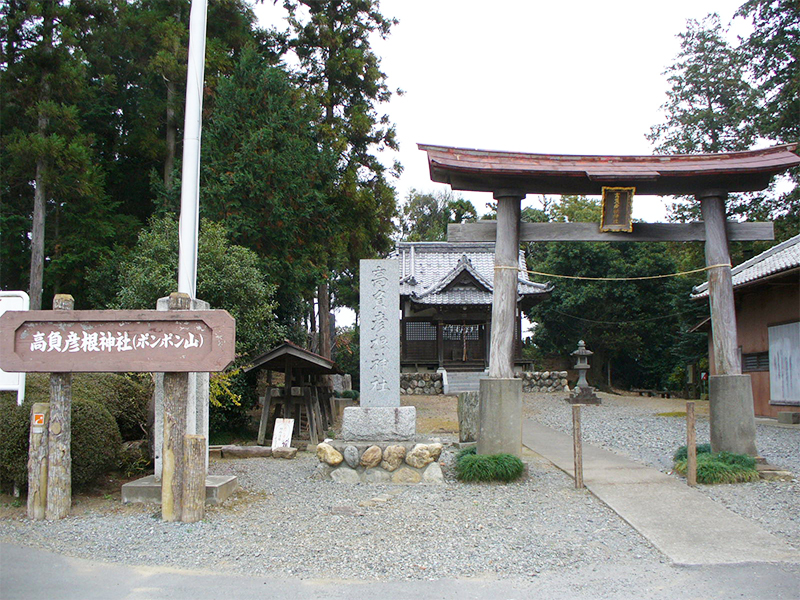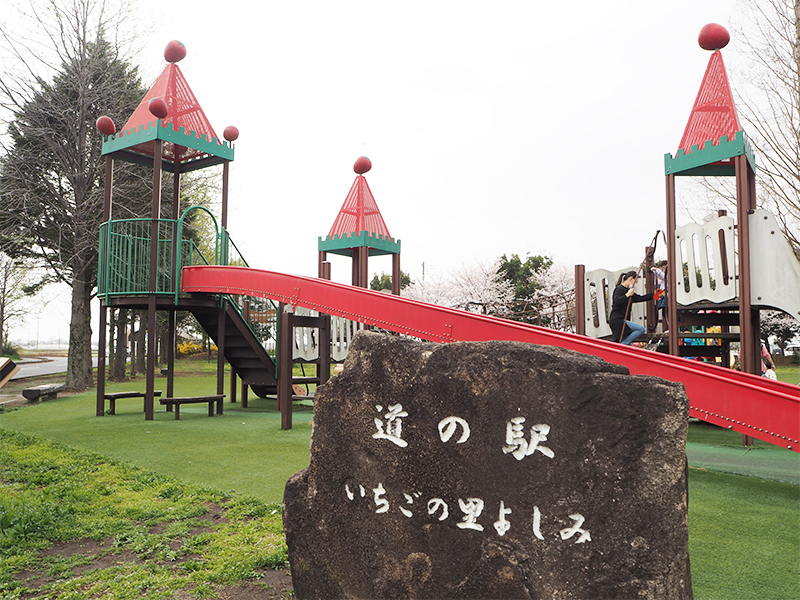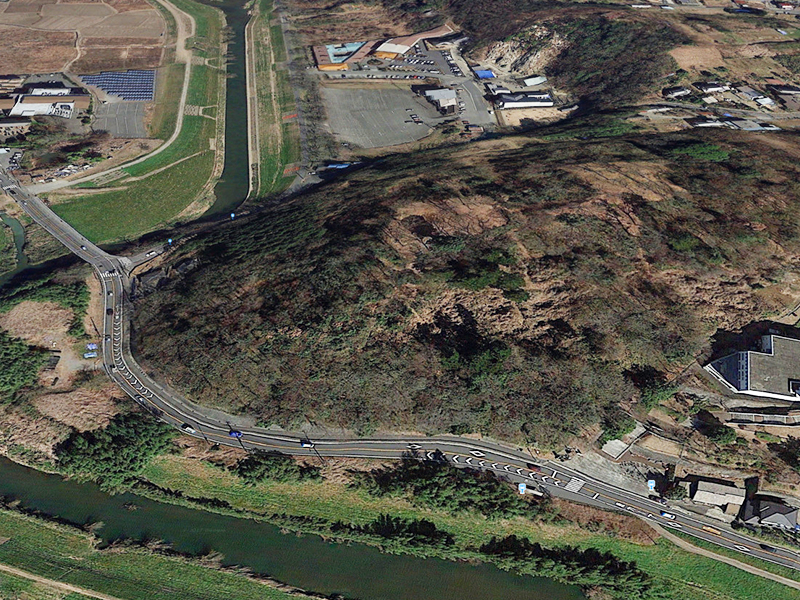Lake Hatcho
sightseeing
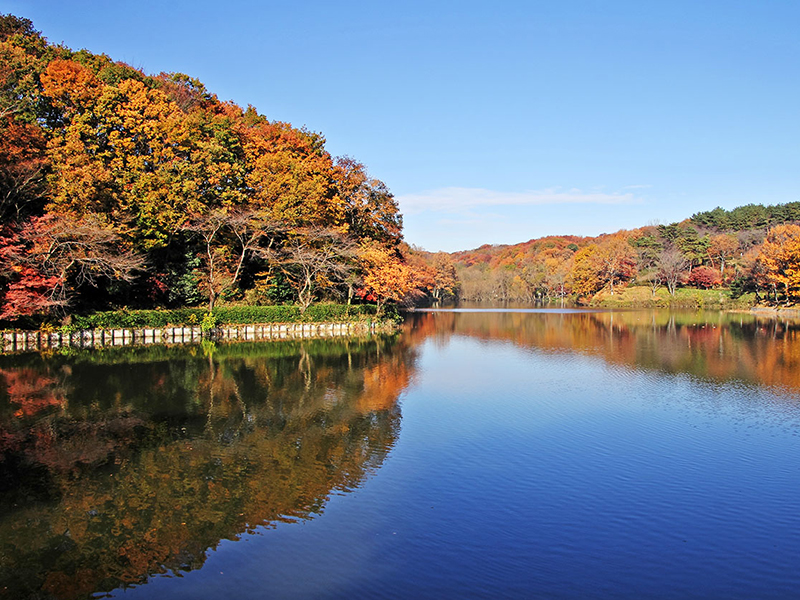
Yoshimi Town is dotted with man-made swamps, which are reservoirs built for rice paddy cultivation. Lake Hatcho is one such man-made swamp with an area of about 52,000 square meters. The kanji character for "Ha" can mean both "eight" and "many." Since several "eights" together has a catchy sound, there are historical expressions in the Japanese language which repeat the number eight to mean "many," such as "happyaku yacho" (many towns in Edo) or "happyaku yabashi" (many bridges in Osaka). Lake Hatcho used to be called "Hatcho Hattan no Numa" (one town block and 8,000 sq.meters) as a play on these expressions, but since the surface area of the lake isn't technically that big, this name isn't in use anymore.
Basic Information
Location
Kuroiwa, Yoshimi Town, Hiki-gun
TEL
0493-63-5018
FAX
0493-54-4200
Event Information
November Healing Night
Business hours / Fee
Fee
Free
How to get there
Public transport
15 minutes by taxi from "Higashi Matsuyama Station" on the Tobu Tojo Line
Car
20 minutes from "Higashimatsuyama IC" on the Kanetsu Expressway
Parking
Free

